Ask AI on The Internet
Question: Please include short answers in order separated by $ ONLY What is Nationalism? - Battle of Gettysburg - Describe the Sedition Act - What was the Zimmerman Note? - Teddy Roosevelt & the Rough Riders - Describe Trench Warfare - What happened with the Lusitania? - Explain purpose of Cartels, Monopolies, & Trusts - What is Social Darwinism? - Problems facing farmers post WW I - Assembly Line impact on Car Industry - Impact of Auto Industry on other industries - Describe the Triangle Shirtwaist Fire and its impact - Presidents Harding & Coolidge’s view on Big Business - Expansion and Contraction of the Business Cycle - What was Black Tuesday? - Purpose of Social Security Act - What was the Securities & Exchange Commission? - Why Education was important for Urban workers - Why Industrial workers accepted bad working conditions? - Explain the Trickle Down Theory of economics - What is Buying on Margin? - Describe the Bessemer Process
Nationalism is a political ideology that emphasizes the interests and culture of a particular nation, often leading to the pursuit of independence or self-governance. $ The Battle of Gettysburg was a significant Civil War battle fought in 1863, resulting in a Union victory and turning point favoring the North. $ The Sedition Act was a 1918 law that made it illegal to speak or act against the U.S. government during World War I. $ The Zimmerman Note was a secret message sent by Germany to Mexico in 1917 proposing an alliance against the U.S., which helped prompt U.S. entry into WWI. $ Teddy Roosevelt & the Rough Riders refers to the voluntary cavalry unit led by Roosevelt during the Spanish-American War, noted for their charge at San Juan Hill. $ Trench Warfare is a form of combat where armies dig extensive networks of trenches to hold their positions and protect soldiers from enemy fire. $ The Lusitania was a British ocean liner sunk by a German U-boat in 1915, causing the death of 1,198 people and contributing to U.S. entry into WWI. $ Cartels, monopolies, and trusts aim to control market supply and prices, reduce competition, and increase profits for businesses involved. $ Social Darwinism is the application of Charles Darwin's theories of natural selection to human societies, often used to justify social inequality and imperialism. $ Post-WWI, farmers faced issues like falling crop prices, rising debts, and loss of overseas markets. $ The assembly line greatly increased car production efficiency and lowered costs, making cars more affordable. $ The auto industry spurred growth in related industries like steel, rubber, glass, and road construction. $ The Triangle Shirtwaist Fire in 1911 led to the death of 146 workers, raising awareness and leading to improved factory safety standards and labor laws. $ Presidents Harding & Coolidge favored policies that supported business growth, deregulation, and limited government intervention. $ The business cycle's expansion phase is marked by economic growth, while the contraction phase features recession and decline. $ Black Tuesday, October 29, 1929, marked the stock market crash that led to the Great Depression. $ The Social Security Act of 1935 established a system of old-age benefits, unemployment insurance, and aid for families with dependent children and the disabled. $ The Securities & Exchange Commission (SEC) was created in 1934 to regulate the stock market and prevent fraudulent practices. $ Education was crucial for urban workers for upward mobility and adapting to new job requirements in an industrialized economy. $ Industrial workers often accepted poor conditions due to lack of alternatives, fear of unemployment, and absence of strong labor laws. $ The Trickle Down Theory posits that tax cuts and benefits for the wealthy will eventually "trickle down" to benefit the broader economy. $ Buying on margin involves purchasing stocks with borrowed money, hoping to make a profit sufficient to repay the loan and more. $ The Bessemer Process is a steel-making method that blasts air through molten iron to quickly remove impurities, revolutionizing steel production.
Think your answer is better than the AI's? Post it below.
Other Most Relevant Posts:
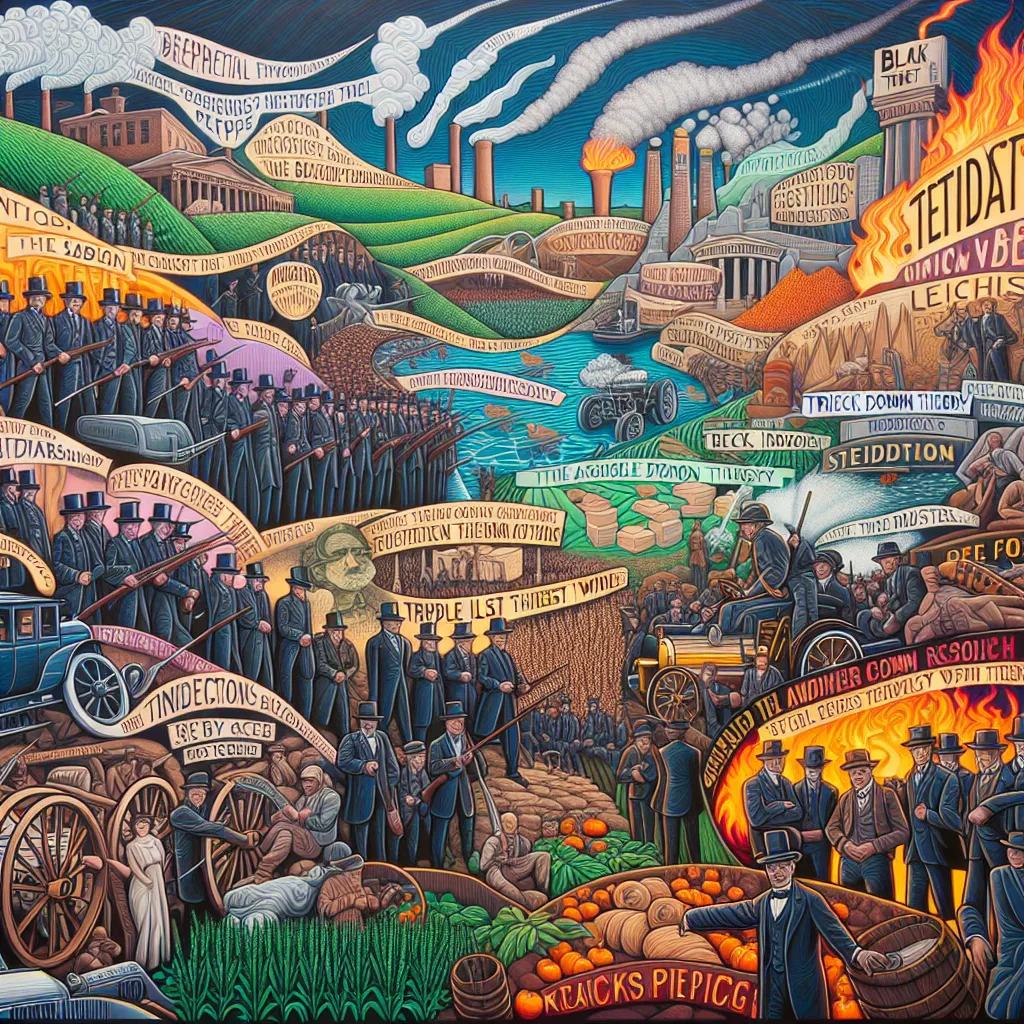 Nationalism Explained
Battle of Gettysburg Overview
Sedition Act Described
Zimmerman Note Dissected
Teddy Roosevelt & the Rough Riders
Trench Warfare Overview
Lusitania Incident Explained
Cartels
Nationalism Explained
Battle of Gettysburg Overview
Sedition Act Described
Zimmerman Note Dissected
Teddy Roosevelt & the Rough Riders
Trench Warfare Overview
Lusitania Incident Explained
Cartels
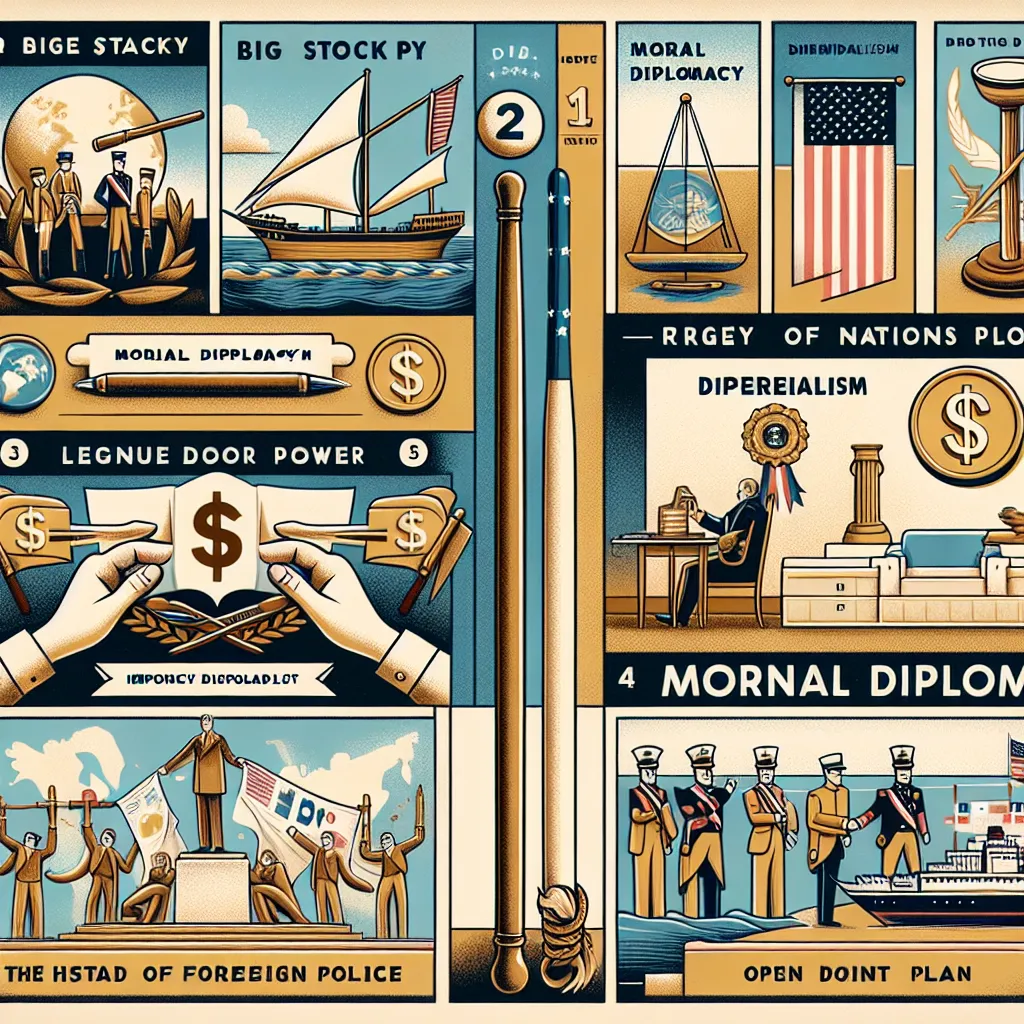 Big Stick Diplomacy
Moral Diplomacy
Dollar Diplomacy
League of Nations
Monroe Doctrine
Treaty of Versailles
Open Door Policy
Imperialism
Great White Fleet
Wilson’s 14 Point Plan
Big Stick Diplomacy
Moral Diplomacy
Dollar Diplomacy
League of Nations
Monroe Doctrine
Treaty of Versailles
Open Door Policy
Imperialism
Great White Fleet
Wilson’s 14 Point Plan
Question Tags
If you want your question answered by an AI, click here.
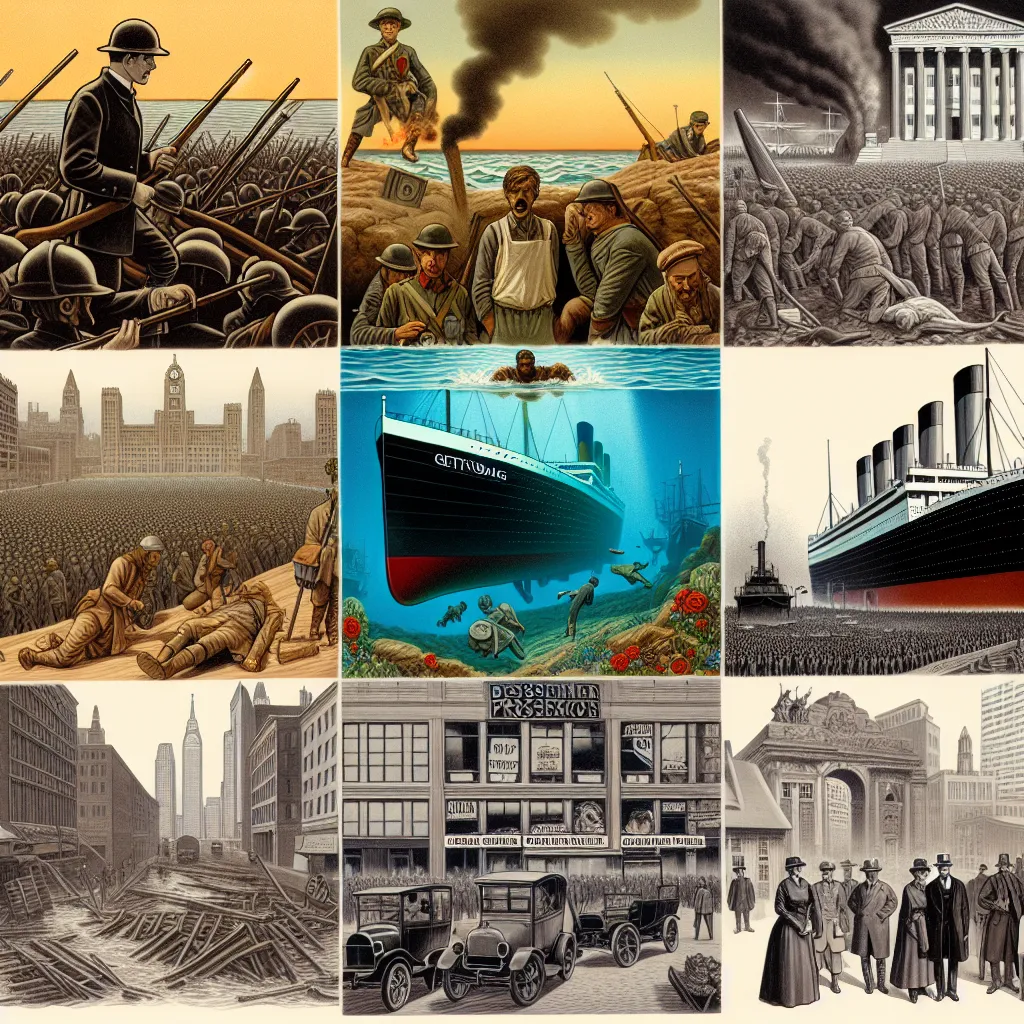
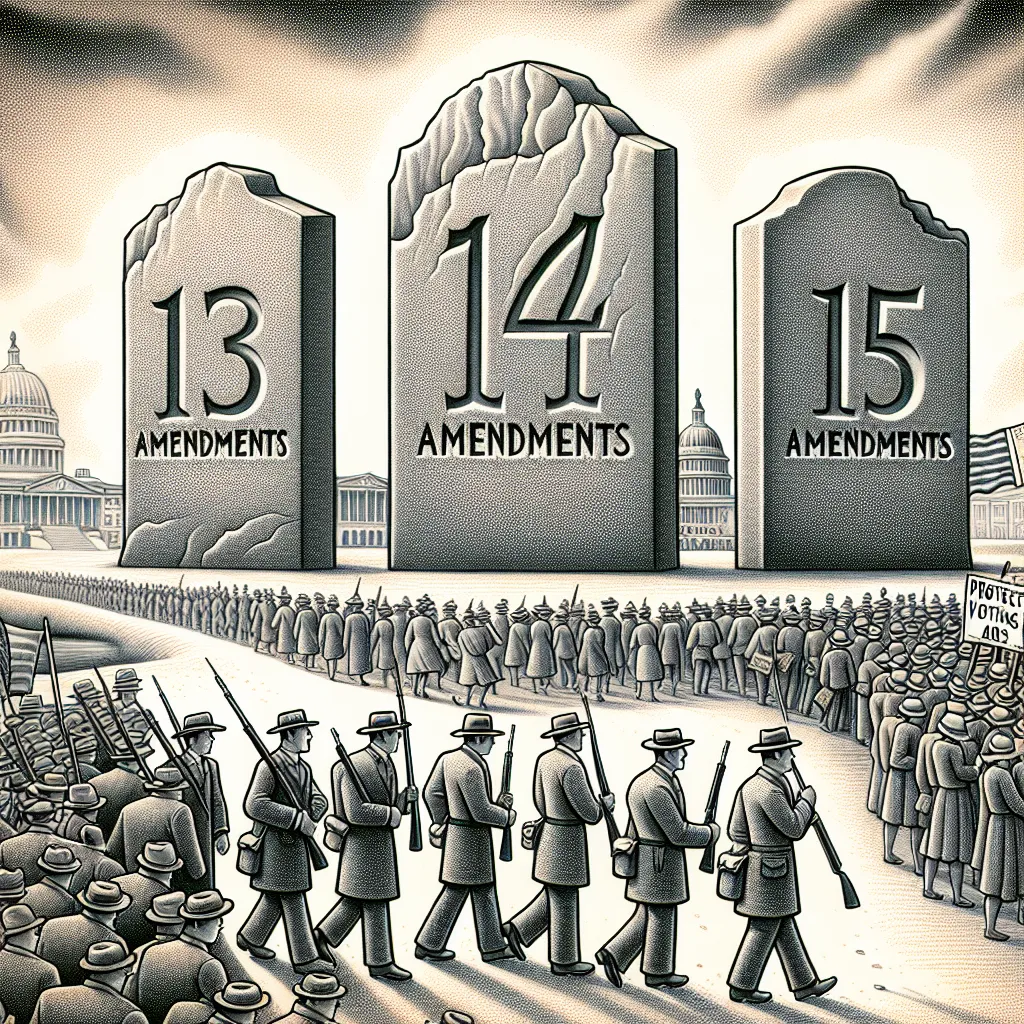
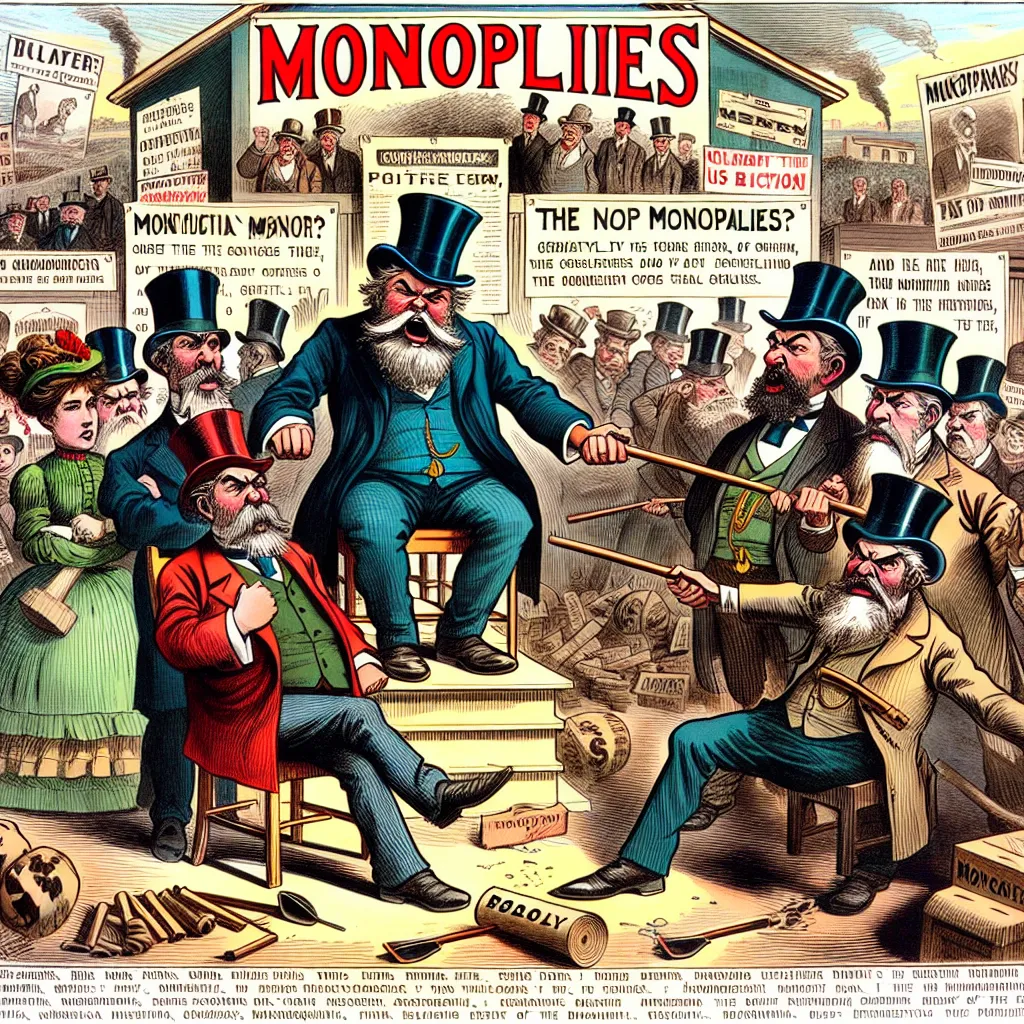


Post your own comment: